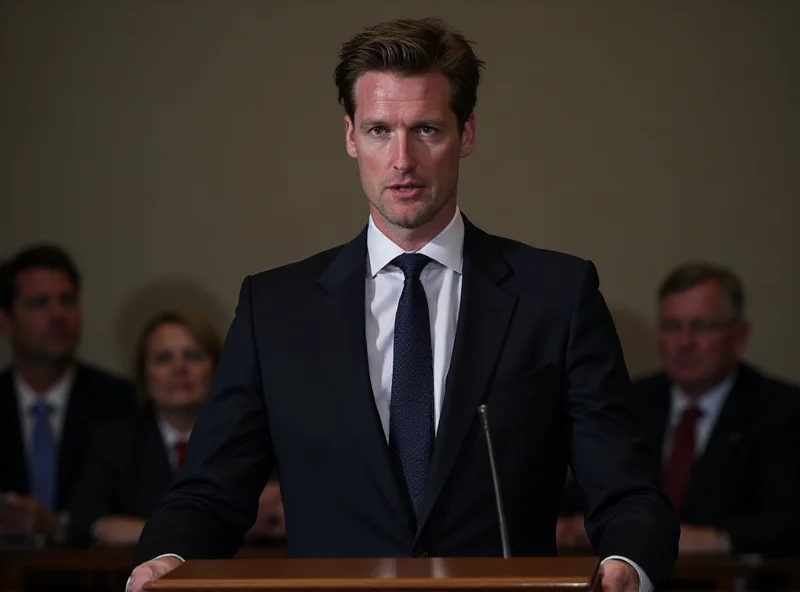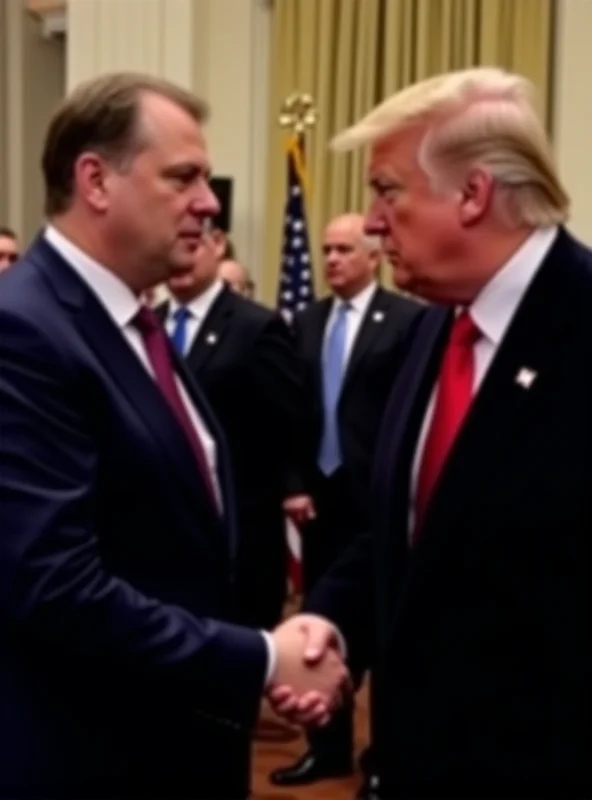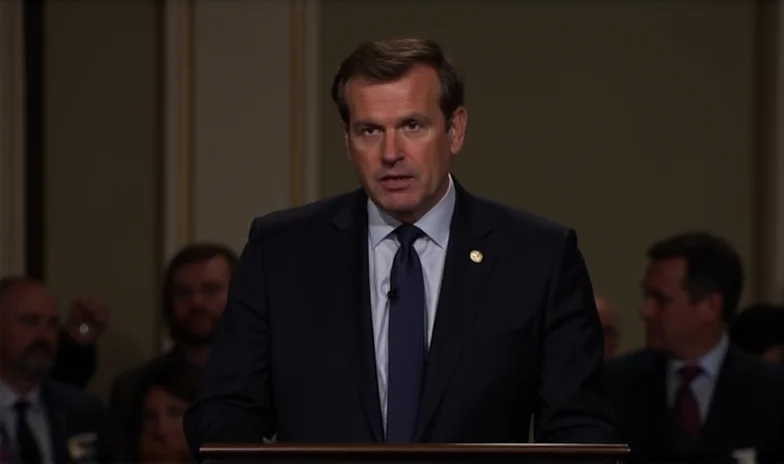The relationship between the United States, Ukraine, and former President Donald Trump continues to be a focal point of international politics, marked by both ongoing support and lingering questions about past actions. Recent developments, including a planned meeting between Trump and Ukrainian President Volodymyr Zelenskyy, are drawing attention and raising concerns.
Starmer on Ukraine Ceasefire
Keir Starmer, a prominent political figure, has voiced his concerns regarding a potential ceasefire in Ukraine. He emphasized that any such agreement "must not be a peace that rewards the aggressor." His statement underscores the delicate balance between seeking an end to the conflict and ensuring that the terms of peace do not inadvertently legitimize or incentivize further aggression. This sentiment is echoed by many who believe that a just and lasting resolution must address the underlying causes of the conflict and uphold international law.

Adding to the complexity, President Trump has reportedly reaffirmed his support for Article Five of NATO, the principle of collective defense. This commitment is particularly relevant given the ongoing tensions in Eastern Europe and the desire to reassure NATO allies of the United States' unwavering support.
Echoes of the Past
A planned meeting between Trump and Zelenskyy at the White House to sign a multimillion-dollar minerals deal has sparked considerable debate. This deal evokes memories of a controversial 2019 phone call that led to Trump's impeachment. Alexander Vindman, a former National Security Council (NSC) official, recalls the call vividly. Vindman recounted how he alerted his brother, an ethics official, stating, "Eugene, if what I’m about to tell you ever becomes public, Donald Trump will be impeached."
Vindman had arranged the call in which Trump allegedly attempted to leverage US military aid to Ukraine in exchange for Zelenskyy launching an investigation into Joe Biden's son, Hunter, and his involvement with a Ukrainian gas company. The current minerals deal, therefore, is viewed by some as a potential repeat of past improprieties, raising questions about the motivations and implications of the agreement.
Funding Cuts and Future Implications
Adding another layer to the situation, reports indicate that the Trump Administration previously implemented significant cuts to USAID's foreign aid funding, repealing nearly 5,800 funding grants worldwide. Only a little over 500 grants were retained, according to the State Department. These funding cuts have had a wide-ranging impact on various international programs and initiatives, raising concerns about the United States' commitment to global development and humanitarian assistance.

"The Ukrainian president is expected at the White House on Friday to sign a multimillion-dollar minerals deal with echoes of a notorious 2019 phone call."
As the relationship between the US and Ukraine evolves, these past events continue to cast a long shadow, influencing perceptions and shaping the dynamics of current interactions. The upcoming meeting and the minerals deal will undoubtedly be closely scrutinized, with many hoping to avoid a repeat of the controversies that have plagued this relationship in the past.

